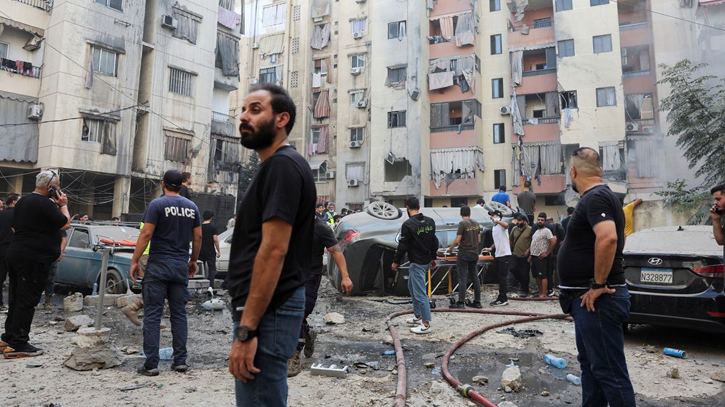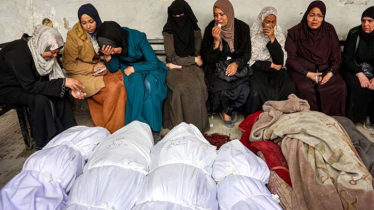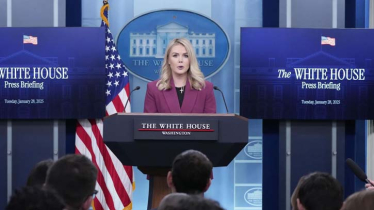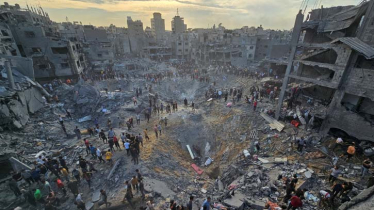
Photo : Collected
Israel said Friday that it killed the commander of Hezbollah's elite unit in a strike that Lebanese officials said left 14 dead and dozens wounded in the movement's Beirut stronghold.
Ibrahim Aqil, who was wanted by the United States for involvement in the 1983 bombing of the US embassy in Beirut, headed the Iran-backed militant group's elite Radwan Force.
Hezbollah confirmed late Friday that Aqil had been killed by Israeli fire, hailing him as "one of its great leaders".
AFP journalists at the scene said the blast left a massive crater and gutted the lower floors of a high-rise building in the Lebanese capital's southern suburbs.
Rescue workers were still using heavy equipment to search the rubble hours after the strike, AFPTV footage showed.
Aqil's killing was the second of a senior Hezbollah commander since the start of the war in Gaza. An Israeli strike on Beirut in July killed Fuad Shukr, a top operations chief for the movement.
It also followed two waves of explosions, on Tuesday and Wednesday, of communication devices used by Hezbollah members, which Hezbollah blamed on Israel.
Those blasts killed dozens and left Hezbollah reeling while shifting the focus of the Israel-Hamas war northward.
Stephane Dujarric, spokesman for UN Secretary-General Antonio Guterres, said the body was "very concerned about the heightened escalation" and called for "maximum restraint" from all sides.
The Israeli military said it conducted a "targeted strike" against Aqil, which also killed around 10 other senior Radwan commanders.
A source close to Hezbollah said Aqil was "at a meeting with commanders" when he was killed.
Lebanon's health ministry said that the attack killed at least 14 people and wounded 66 more, and that it expected more bodies to be found.
The United States had offered a $7 million reward for information on Aqil, describing him as a "principal member" of an organisation that claimed the 1983 embassy bombing, which killed 63 people.
Messenger/Disha








